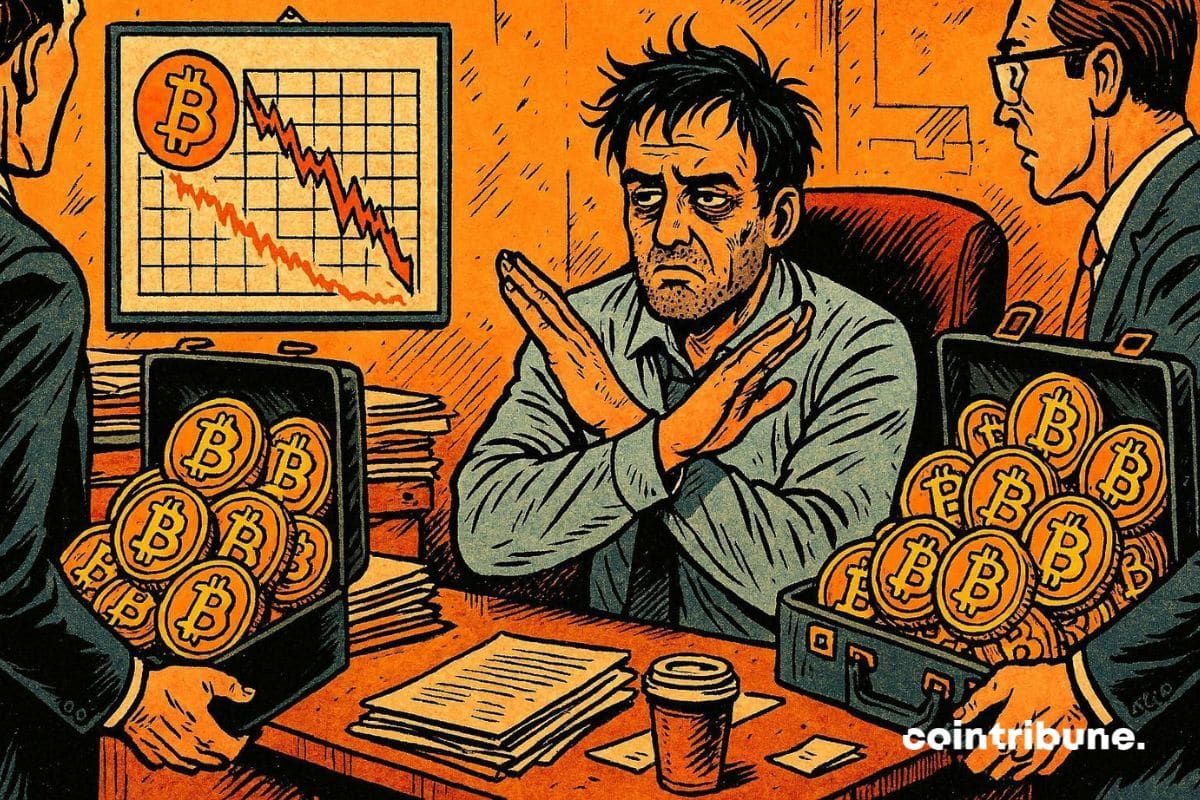Solana News Today: Regulators and Privacy Now Share a Blockchain Bed—Thanks to Solana
- Privacy Cash, a privacy-compliant payment protocol, launched on Solana, enabling private transactions aligned with OFAC regulations via zero-knowledge proofs. - The protocol leverages Solana's Token2022 and confidential balances to achieve 10,000+ private SOL transactions, demonstrating scalable privacy infrastructure. - Global regulatory convergence (e.g., GDPR alignment in Brazil/Singapore) and institutional adoption (BlackRock, Apollo) validate privacy-compliant blockchain's growing mainstream viabili
Privacy Cash, a privacy-focused payment protocol, has officially launched on the Solana blockchain, marking a significant development in the field of compliant decentralized finance. According to SolanaFloor, the protocol offers private transaction capabilities akin to Tornado Cash but with a decentralized, open-source framework that aligns with OFAC regulations. As of now, the project has completed over 10,000 SOL private transactions, signaling strong initial adoption and interest in privacy-preserving tools that meet regulatory standards [1].
The launch of Privacy Cash on Solana represents a strategic pivot in the design of privacy protocols. Unlike earlier solutions that were often at odds with regulators, Privacy Cash integrates compliance directly into its architecture. By leveraging zero-knowledge proofs, it allows users to maintain confidentiality while ensuring that transactions remain verifiable. This approach supports a model where privacy is not sacrificed for compliance, and vice versa, reflecting a shift from full anonymity to controlled confidentiality [1].
Solana’s underlying infrastructure has played a crucial role in enabling such advancements. The platform introduced Token2022 and confidential balances, which laid the groundwork for privacy tools at the base layer. PayPal’s deployment of its PYUSD stablecoin on Solana using these tools further validates the platform's suitability for institutional-grade privacy features. The integration of auditor keys and regulatory compliance mechanisms ensures that Solana’s ecosystem can scale adoption while maintaining oversight [1].
Privacy Cash’s early success underscores a growing demand for protocols that harmonize privacy with compliance. The precedent set by Tornado Cash, particularly the 2025 court ruling that deemed smart contracts not traditional property, has paved the way for new approaches to privacy in the digital economy. Privacy Cash embodies this evolution by incorporating selective disclosure features, monitoring capabilities for authorized entities, and connections to AML and KYT systems [1].
The regulatory and institutional landscape is also shifting in a manner that supports such innovations. Privacy standards in countries like Brazil, Singapore, and Thailand are increasingly aligning with Europe’s GDPR framework, creating a more cohesive global regulatory environment. Notably, major institutions like BlackRock and Apollo are tokenizing assets on Solana, embedding privacy features directly into the process. Similarly, custody tools with privacy safeguards are gaining traction in Germany and China Taiwan, further reinforcing the trend of integrating privacy into mainstream financial infrastructure [1].
Privacy Cash is not an isolated case; the broader ecosystem is witnessing a convergence of advanced cryptographic techniques and scalable infrastructure. Multi-party computation and threshold cryptography are being used to enhance the security and privacy of transactions, ensuring that no single party can compromise confidentiality. Projects like Arcium and Dust on Solana are adding layers of innovation, demonstrating that privacy protocols can evolve into widely adopted systems without sacrificing regulatory compliance [1].
The implications of Privacy Cash’s launch extend beyond Solana. As zero-knowledge technology continues to mature, it is becoming a foundational element in blockchain infrastructure, with applications in scalability, privacy, and cross-chain interoperability. The growing demand for compliant yet private financial systems suggests that such solutions will play a critical role in the future of digital asset management [1].

Disclaimer: The content of this article solely reflects the author's opinion and does not represent the platform in any capacity. This article is not intended to serve as a reference for making investment decisions.
You may also like
Ethereum in free fall among companies: What is happening?

Strategy stops massive BTC buying: Should we worry?

The Numbers Behind Bitcoin’s Institutional Boom

Revolutionary Decentralized Spot Exchange AlphaSec Launches on Kaia Network